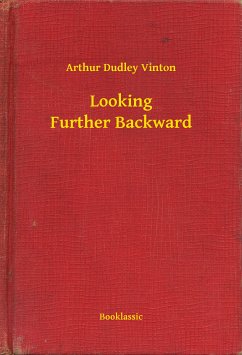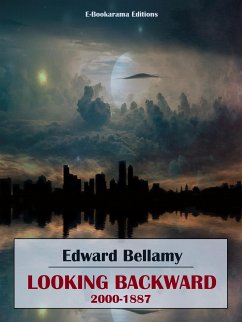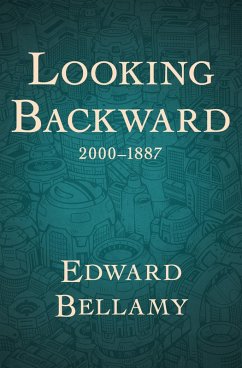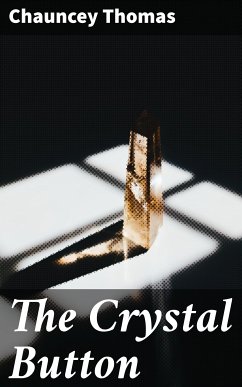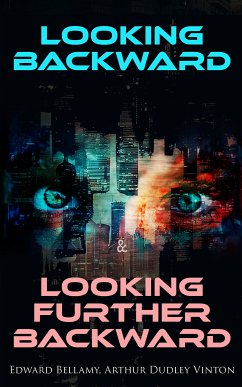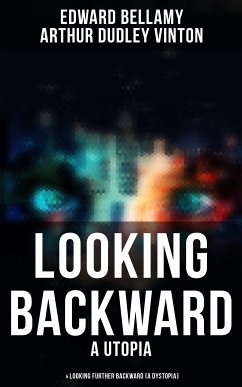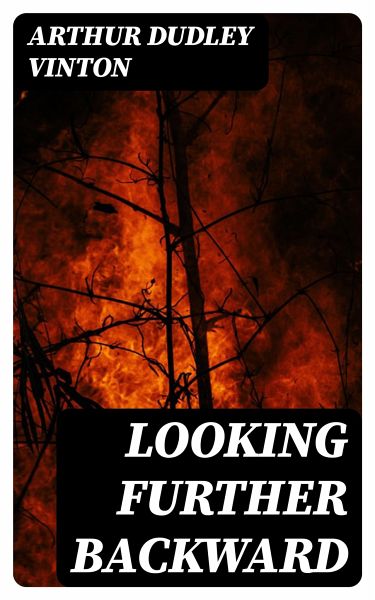
Looking Further Backward (eBook, ePUB)
Versandkostenfrei!
Sofort per Download lieferbar
0,49 €
inkl. MwSt.
Weitere Ausgaben:

PAYBACK Punkte
0 °P sammeln!
In "Looking Further Backward," Arthur Dudley Vinton crafts a thought-provoking narrative that serves as both a sequel and a critique to the utopian visions presented in Edward Bellamy's "Looking Backward." Vinton skillfully weaves together speculative fiction with elements of philosophical discourse, exploring themes of socialism, technological progress, and individual agency in a rapidly changing society. His prose is marked by an intricate interplay of dialogue and introspection, allowing readers to immerse themselves in a richly constructed futuristic landscape fraught with ethical dilemmas...
In "Looking Further Backward," Arthur Dudley Vinton crafts a thought-provoking narrative that serves as both a sequel and a critique to the utopian visions presented in Edward Bellamy's "Looking Backward." Vinton skillfully weaves together speculative fiction with elements of philosophical discourse, exploring themes of socialism, technological progress, and individual agency in a rapidly changing society. His prose is marked by an intricate interplay of dialogue and introspection, allowing readers to immerse themselves in a richly constructed futuristic landscape fraught with ethical dilemmas and socio-political challenges that resonate with contemporary issues. Arthur Dudley Vinton, a noted scholar and literary figure of the late 19th Century, drew upon his background in sociology and his keen interest in social reform to inform his writing. His experiences in a transitional America, grappling with industrialization and burgeoning capitalist practices, provided him with the necessary context to delve into Bellamy's themes while imbuing them with his own original insights. Vinton's background in both literature and social reform movements undoubtedly shaped his critical lens, allowing him to question the ideals of progress and community. "Looking Further Backward" stands out as a seminal work for anyone interested in the intersections of literature, politics, and social philosophy. Vinton's exploration of an alternate vision for society encourages readers to engage with the complexities of human relationships in an increasingly mechanized world. This book is not only a continuation of Bellamy's vision but also a call to critically assess the future we are building, making it essential reading for students of utopian literature and social theory alike.
Dieser Download kann aus rechtlichen Gründen nur mit Rechnungsadresse in A, B, BG, CY, CZ, D, DK, EW, E, FIN, F, GR, H, IRL, I, LT, L, LR, M, NL, PL, P, R, S, SLO, SK ausgeliefert werden.




